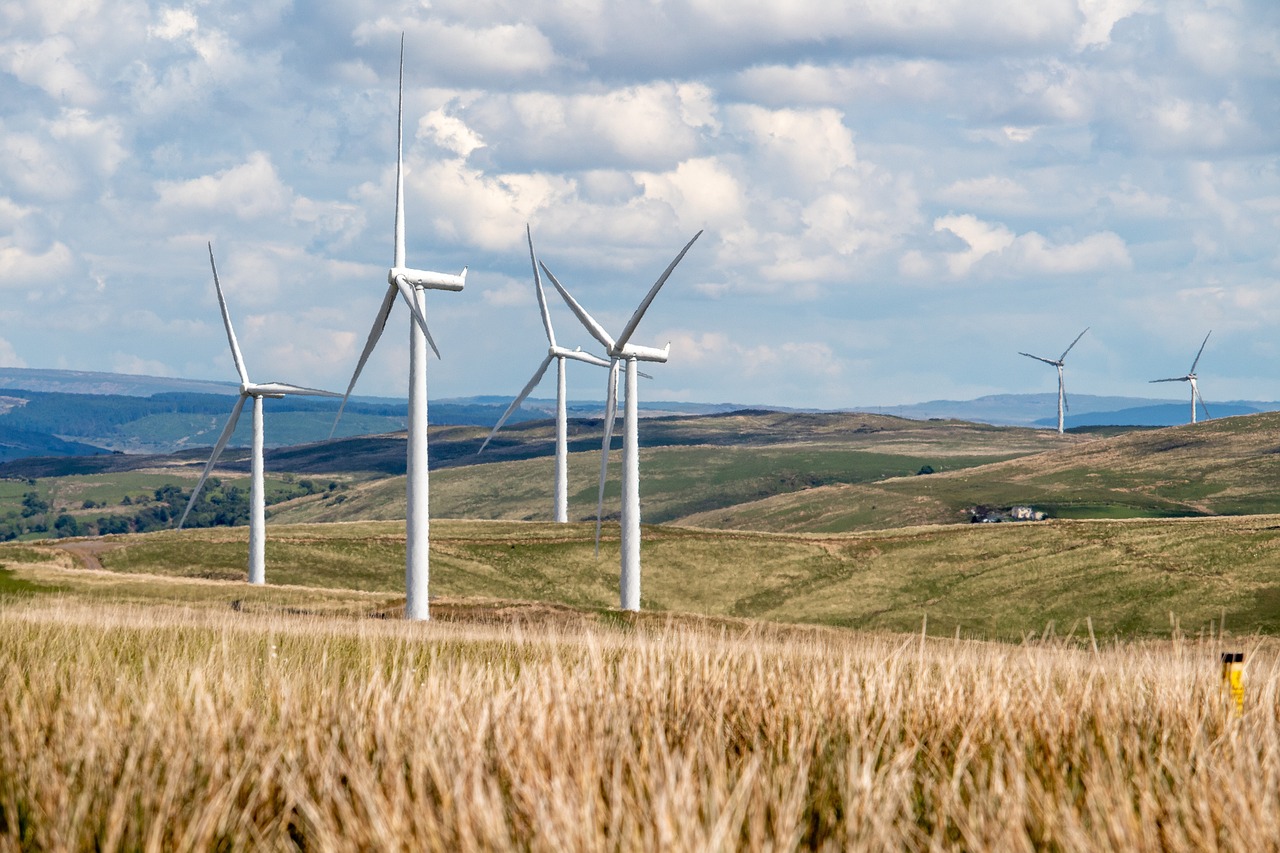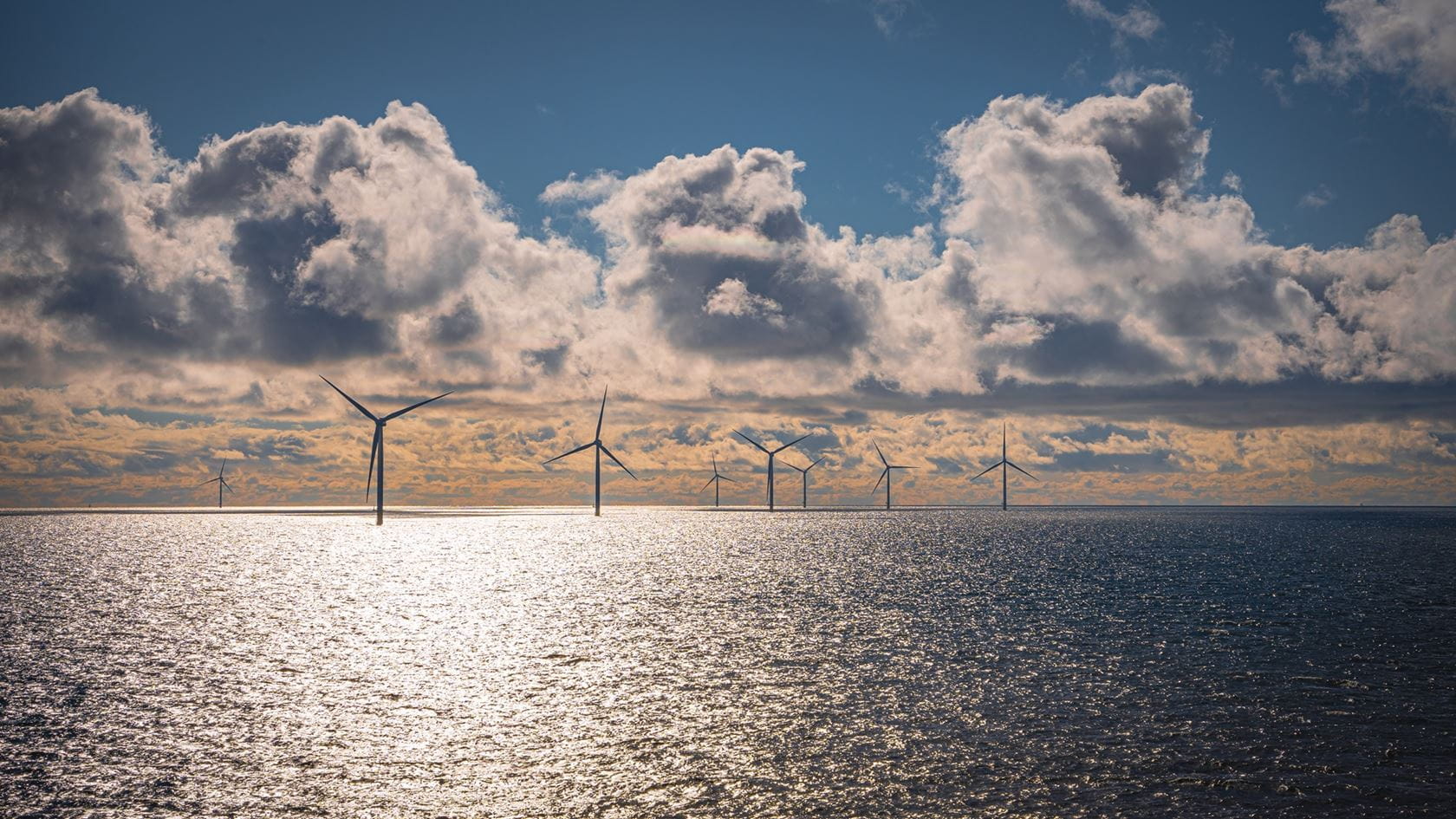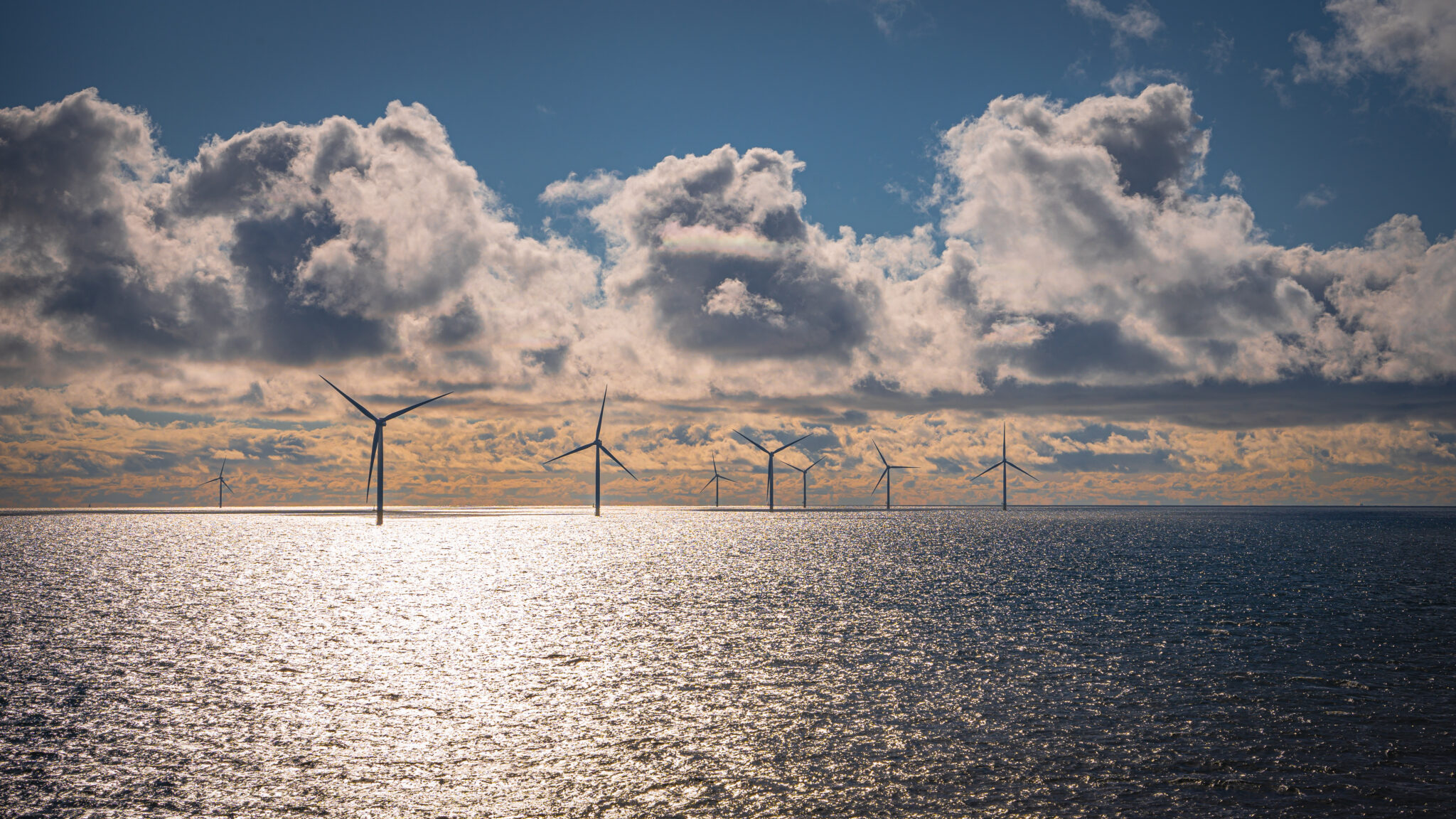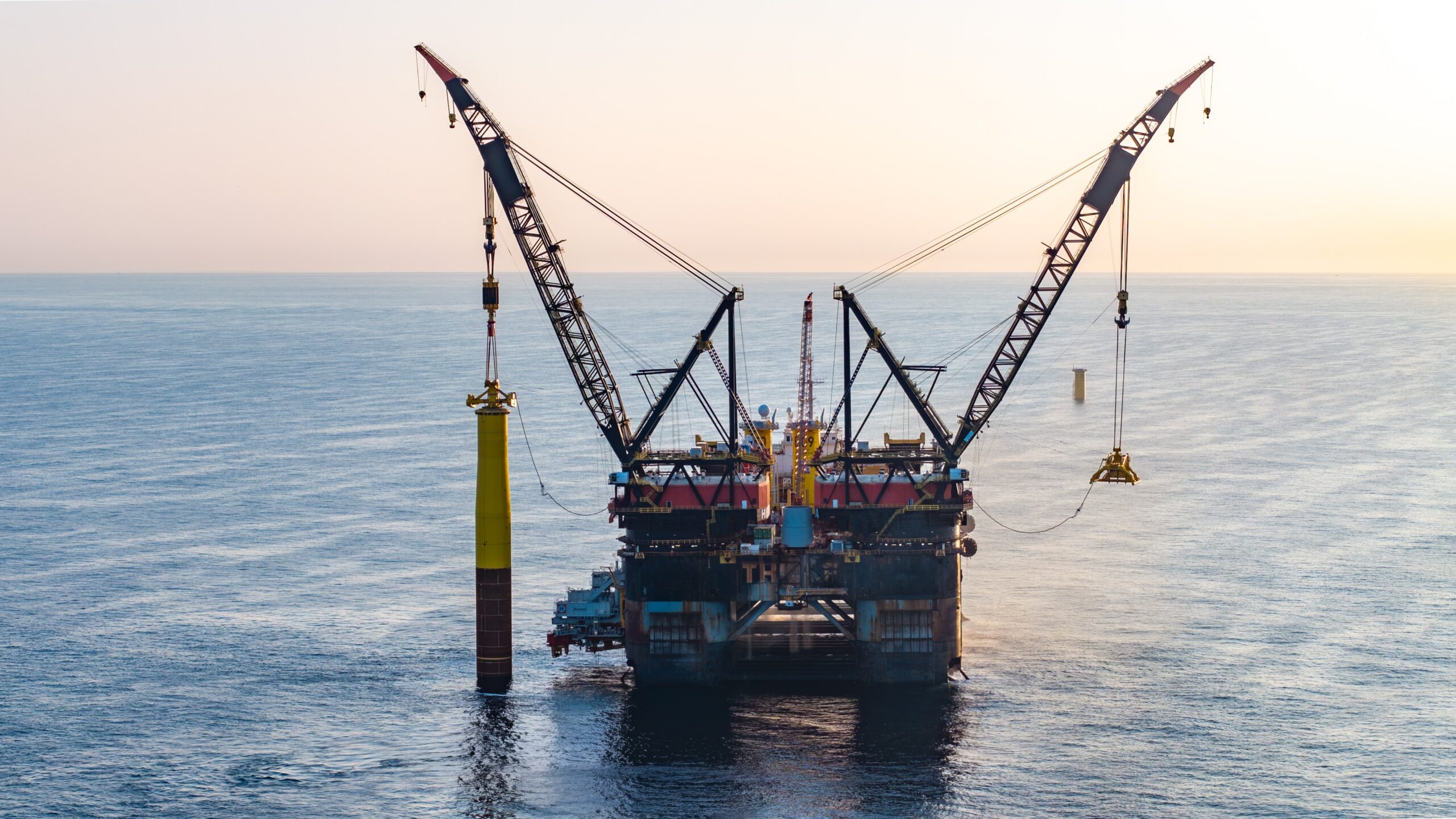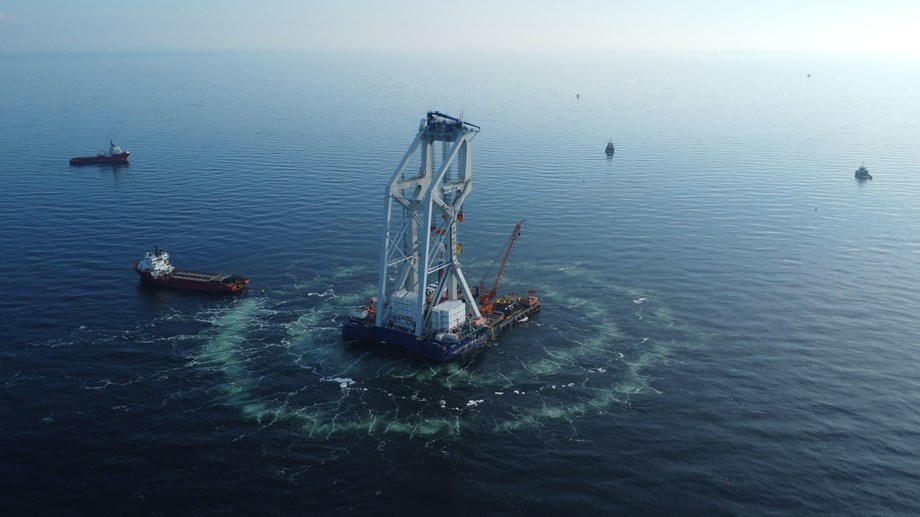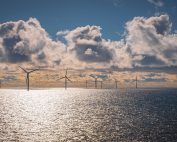The International Renewable Energy Agency (IRENA) presents a compelling case for a rapid, global shift to renewable energy as the only viable path to keeping climate goals—particularly the 1.5°C target—within reach. In its latest report, IRENA stresses that this transformation is not just about replacing fossil fuels with clean energy; it is about fundamentally reshaping global energy systems and redefining energy security in a highly electrified, digitalised, and decentralised world.
A New Energy Paradigm
The report outlines how the energy transition must prioritize infrastructure upgrades, policy reform, and human capacity development. Energy security, long centered around fossil fuel supply and price volatility, must now evolve to address the complexities of a renewables-based system. This includes rethinking infrastructure ownership, cross-border energy cooperation, and the security of emerging technologies and materials.
IRENA’s 1.5°C scenario forecasts that electricity will become the dominant energy carrier, increasing its share from 22% today to 51% by 2050. Renewables will grow from 16% of the global energy mix in 2020 to 77% by 2050. Biomass and green hydrogen are expected to play a greater role than fossil fuels, with renewable electricity capacity needing to increase twelve-fold by mid-century.
Energy Security in a Renewables-Based World
As energy systems become more localized and decentralized, the nature of energy trade will shift. Fossil fuel-dominated maritime shipping, which currently accounts for 40% of cargo, will give way to regionally focused electricity and green hydrogen networks. This change promotes mutual interdependence rather than asymmetric dependencies, especially in integrated markets like the EU.
However, this decentralization demands robust and flexible energy infrastructure. Interconnectors, smart grids, and energy storage become vital national assets. The report calls for a reassessment of what constitutes strategic infrastructure, urging governments to consider new dimensions of control, cybersecurity, and resilience.
Trade, Technology, and Equity
The report highlights the critical role of clean technology supply chains, from rare earth materials to solar panel production. As no country controls all aspects of renewable technologies, interdependence is inevitable. IRENA warns against protectionist policies that may threaten job creation and technology diffusion, particularly in sectors like solar PV, where most employment lies in downstream installation.
Developing countries face unique challenges, including limited access to finance and technology. IRENA advocates for improved technology transfer, intellectual property sharing, and inclusive financing to help these countries leapfrog into the green economy, reinforcing both global energy security and equity.
Resilience and Risk in a New Era
Increased electrification and reliance on digital systems bring new vulnerabilities. Cybersecurity, extreme weather, and hybrid threats combining physical and cyber attacks pose serious risks. The report urges policymakers to adopt agile, multidimensional security strategies that include resilience planning, robust infrastructure, and emergency preparedness.
Additionally, energy demand growth—especially in Asia and Africa—must be managed through efficiency and demand-side measures to reduce competition and geopolitical strain. Human security, too, is highlighted as a crucial part of energy planning. Renewable transitions can enhance peace and prosperity but must be carefully managed to avoid exacerbating inequality or resource conflicts.
IRENA’s report makes it clear: the renewable energy transition is not just a technological shift but a socio-political one. It calls for bold, cooperative, and forward-looking strategies to build an energy system that is secure, equitable, and resilient. As the world pivots toward decarbonisation, energy security must be redefined for an interconnected and electrified future—where technology, flexibility, and human well-being are at the core.
